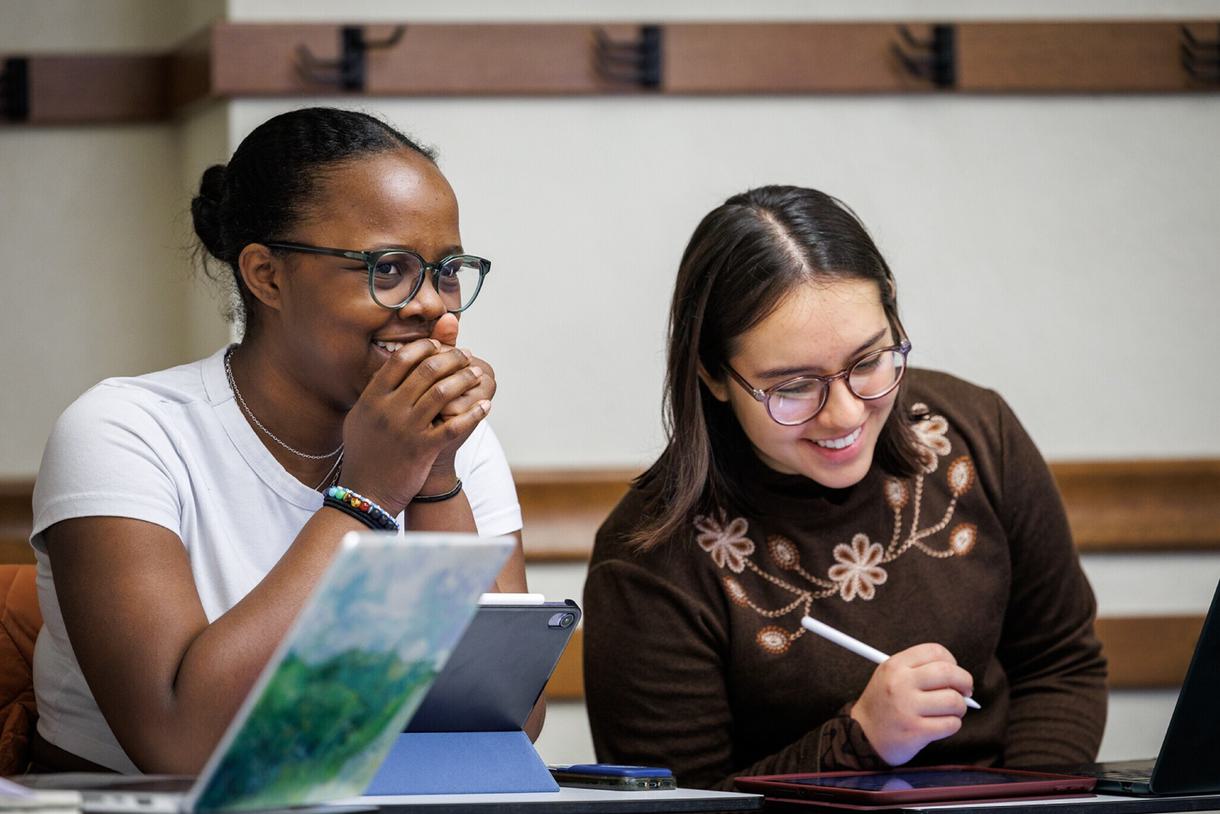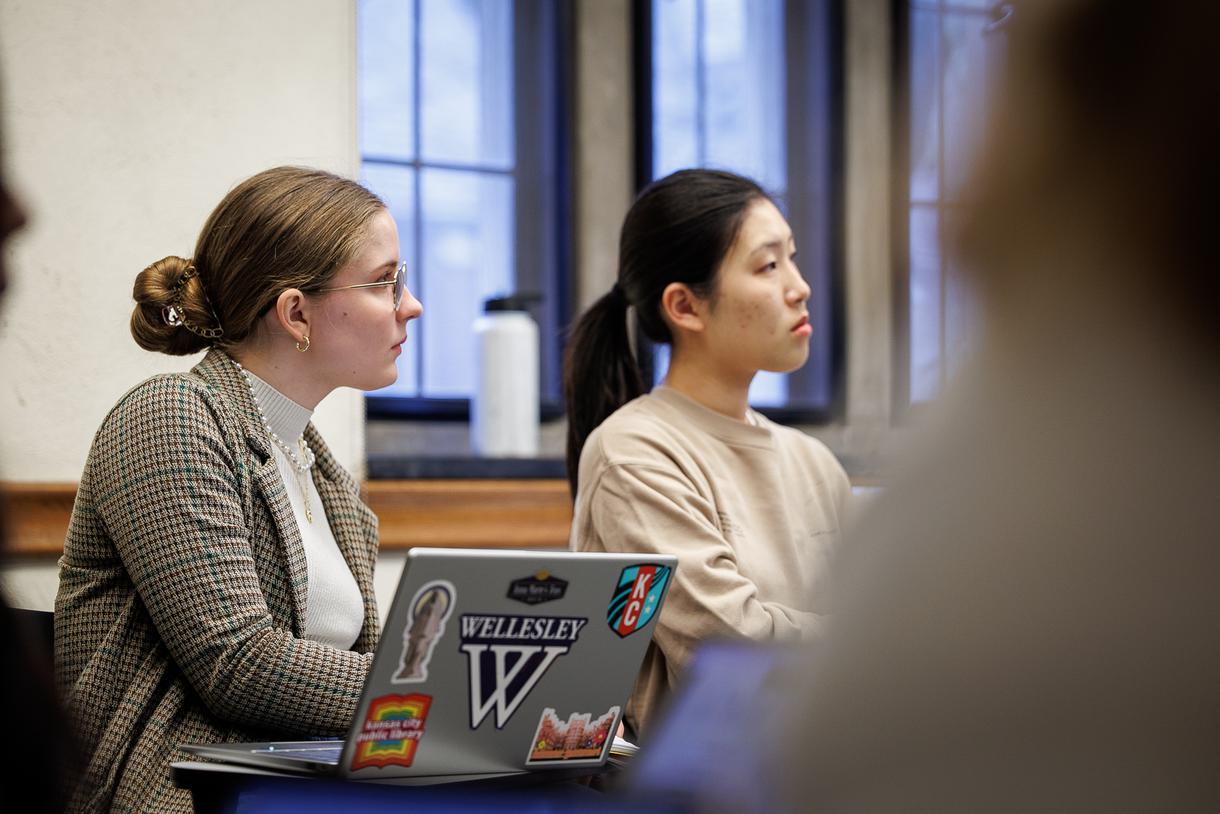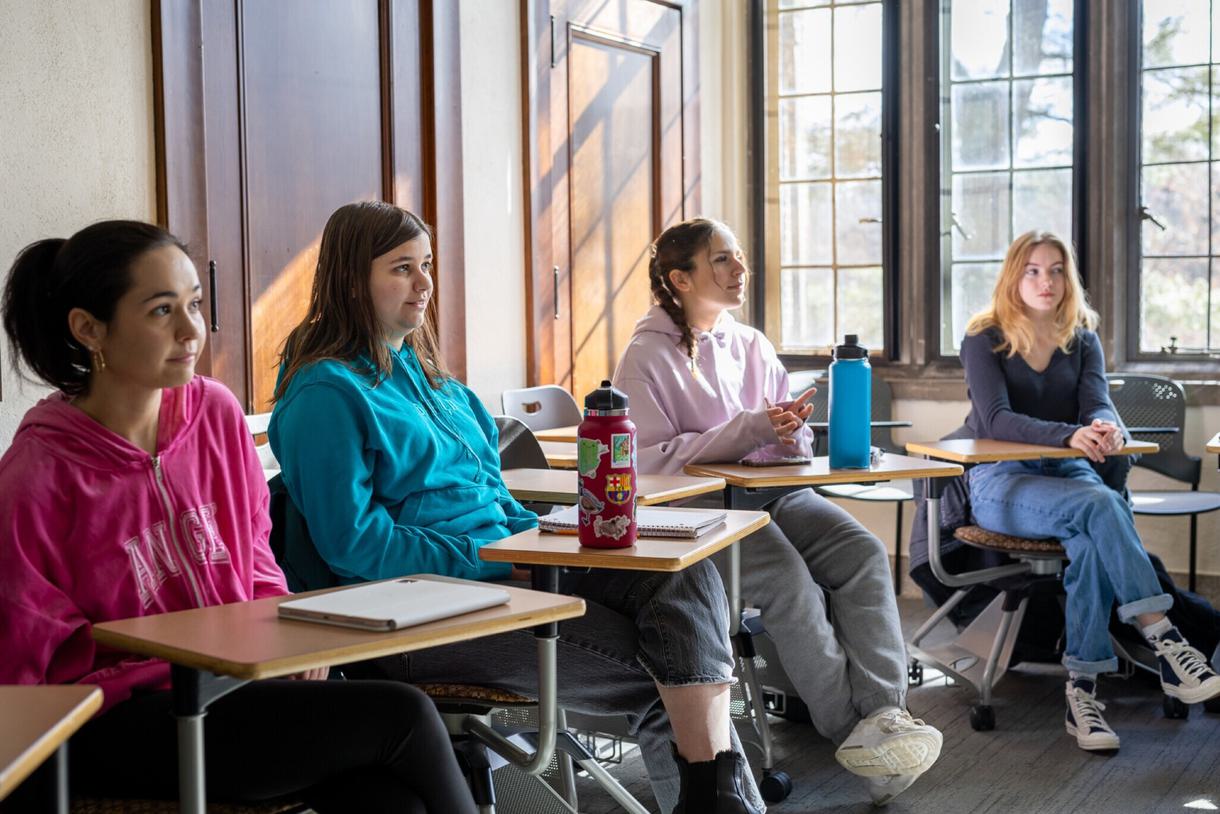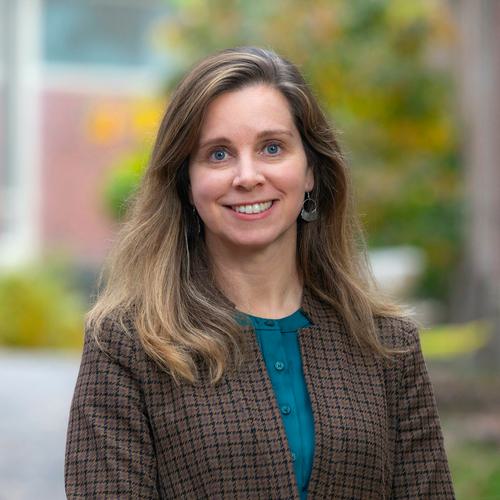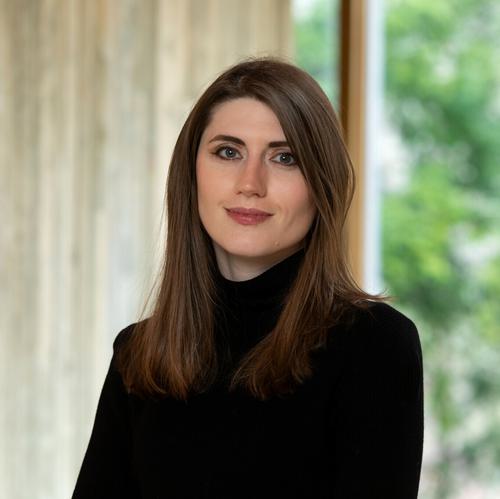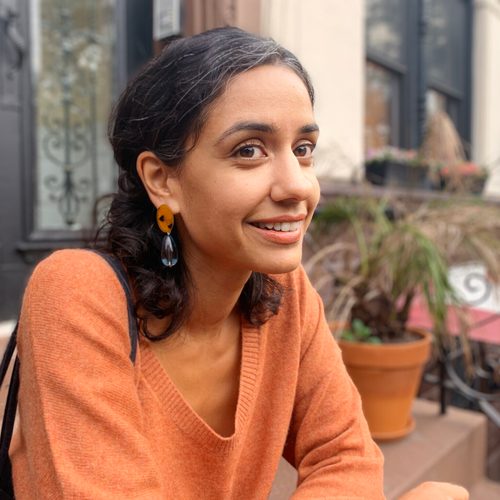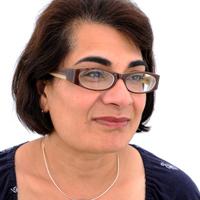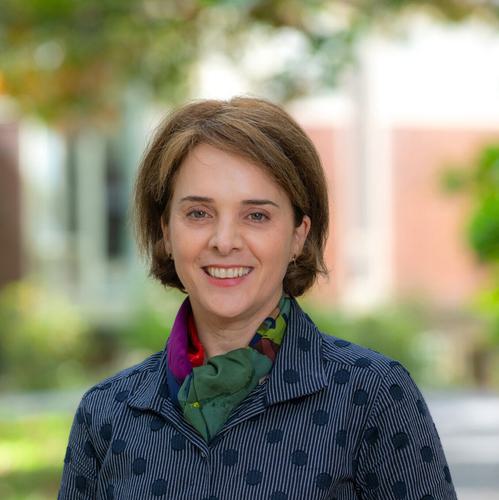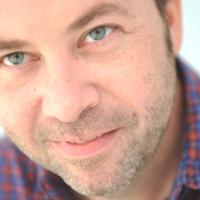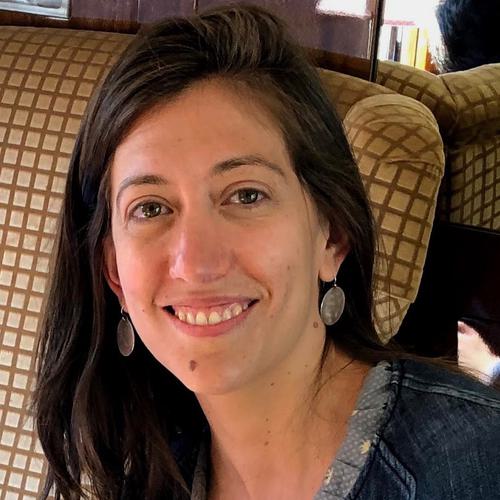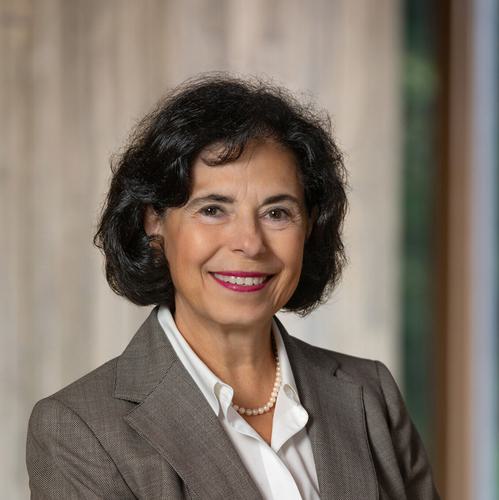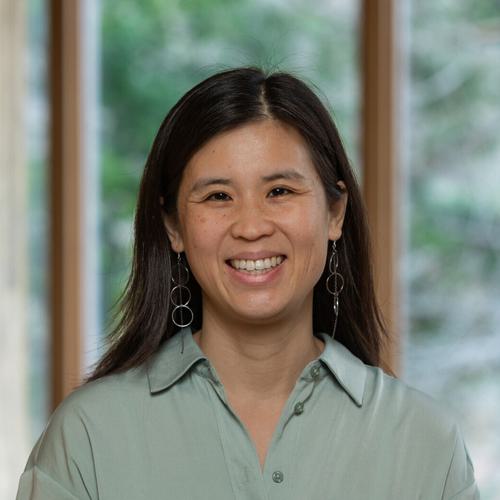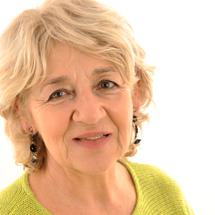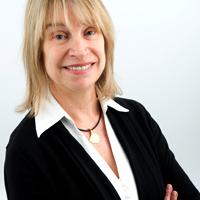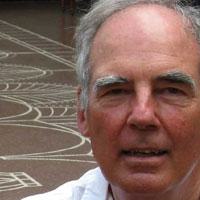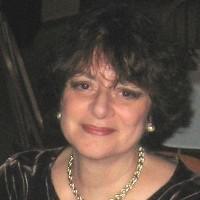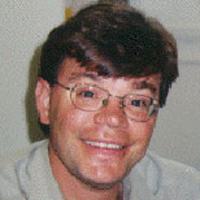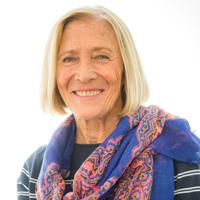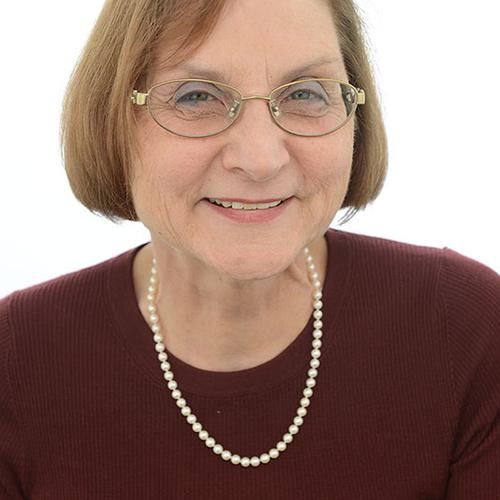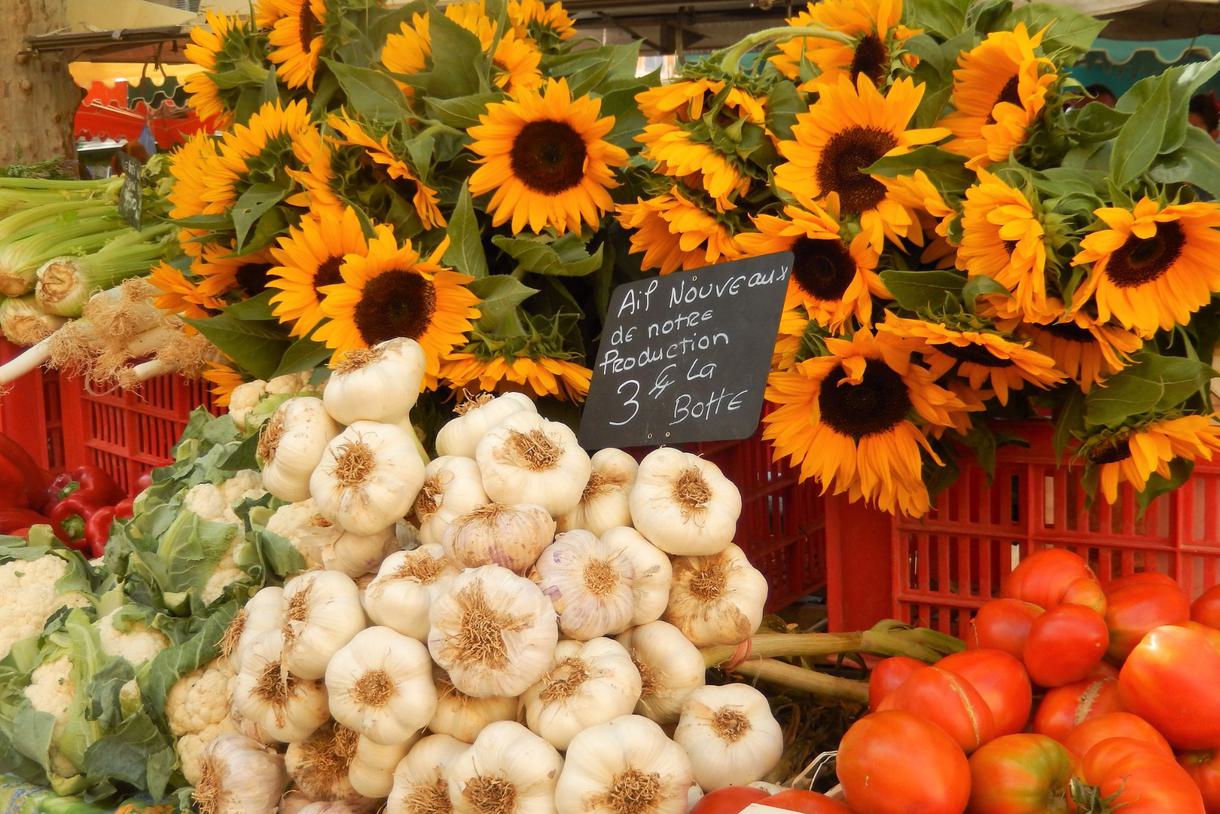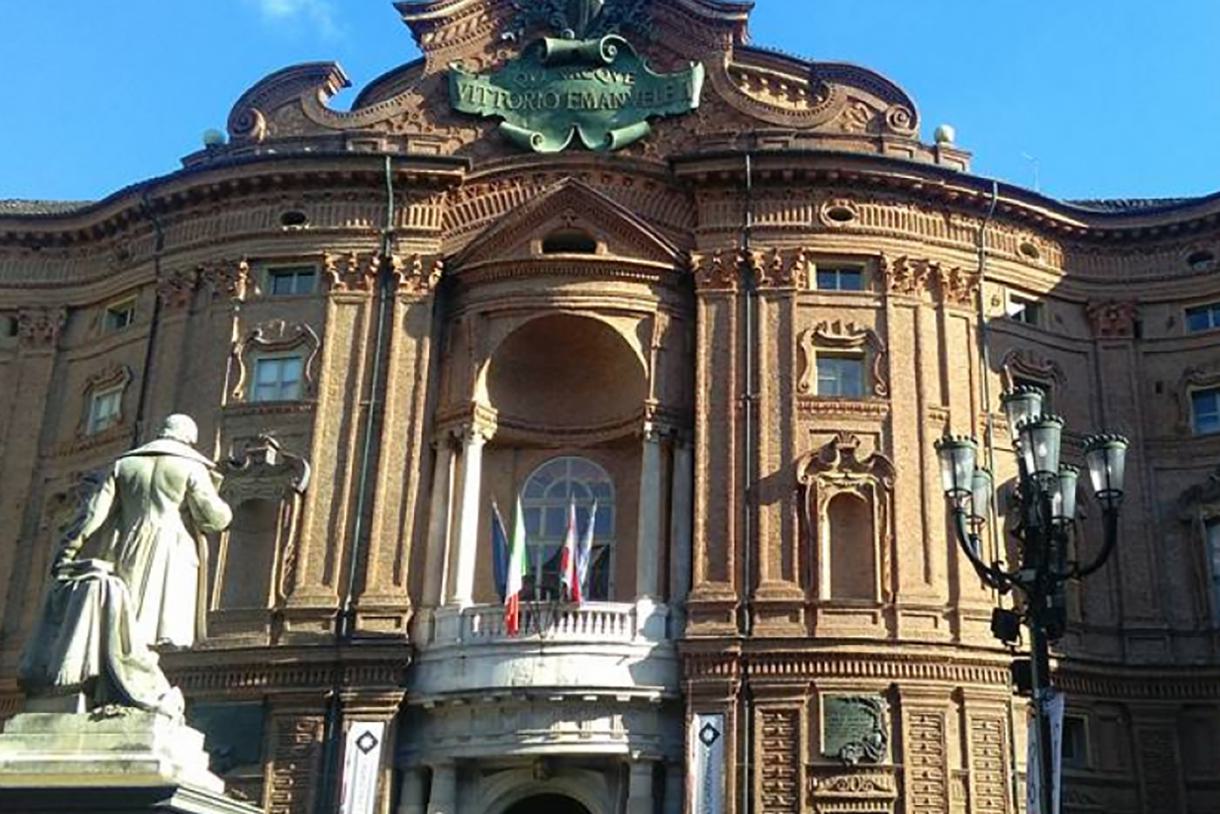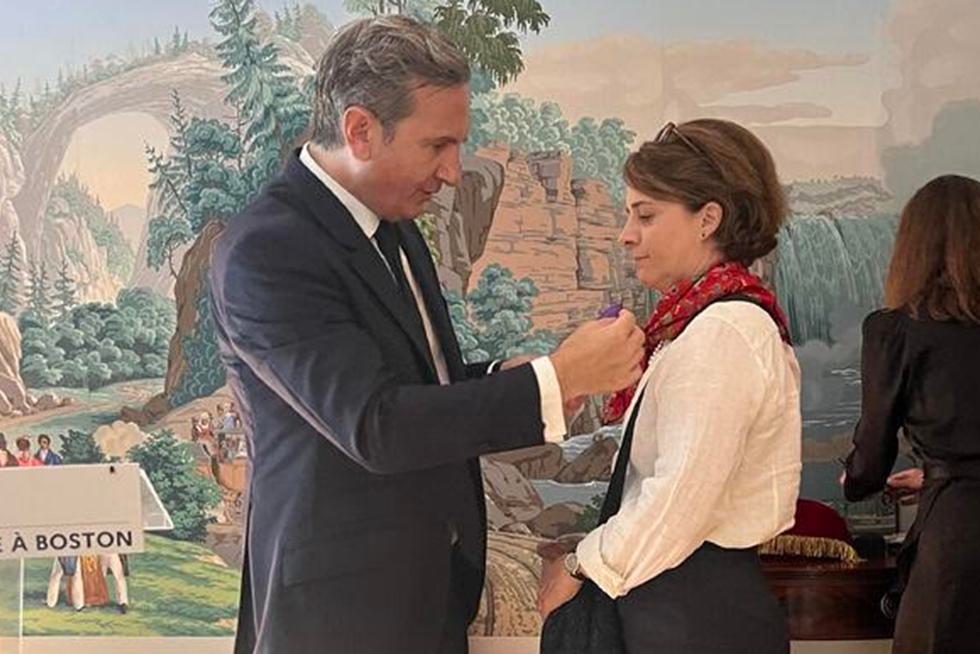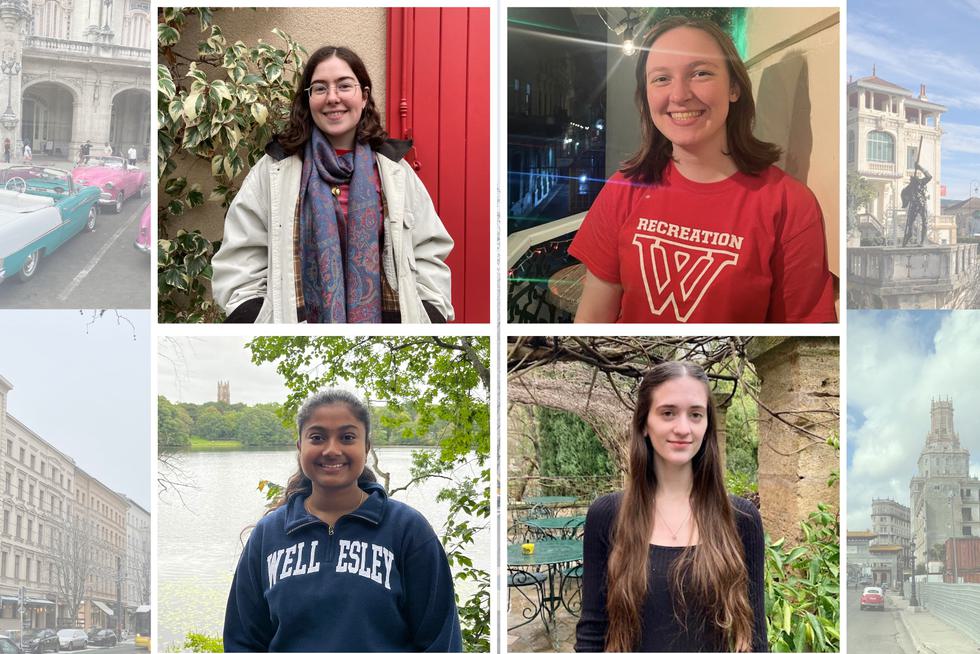French, Francophone, and Italian Studies
Academic Department Introduction
Courses in the Department of French, Francophone, and Italian Studies open doors to cultures that are rich in tradition and deeply significant in today’s diversifying world. With few exceptions, our courses are taught in French or Italian. The subjects span 10 centuries, from the Middle Ages to the present. Our courses are designed to help students develop a number of critical life skills—linguistic, analytical, interpretive, expressive, creative. We offer opportunities to study abroad for the three-week Wintersession, a semester, or a year.
To move among multiple frames of cultural reference, to inhabit the alternate personae that come with mastery of another tongue, to know the sounds, songs, and idioms of French or Italian—these are deep intellectual pleasures. They are also highly useful tools in the real world.
Learning goals
- Speak, write, read, and understand French or Italian at the advanced level.
- Develop advanced knowledge of the major authors and works from a variety of genres—poetry, prose, theater, cinema—that form, but also contest, French or Italian literary traditions and cultural heritages.
- Acquire the critical thinking skills and the methodological and theoretical grounding needed to pursue studies at the graduate school level.
Programs of study
French major and minor
Students acquire analytical and critical skills in speaking and writing through exposure to French literature, film, history, social and political movements, and legal questions.
French cultural studies major
Students whose interests in the French and Francophone world are primarily cultural and historical take courses in the department of French as well as in Africana studies, art, history, music, and/or political science.
Italian major and minor
Students develop advanced knowledge of the major authors and works from a variety of genres—poetry, prose, theater, cinema—that form, but also contest, Italy’s literary tradition and cultural heritage, and understand the crucial moments and events of Italian history and culture, from the Middle Ages to the present.
Places and spaces
Study abroad in France
The Wellesley-in-Aix program in southern France provides a unique opportunity to experience French student culture and daily life through direct enrollment in French institutions, homestays, volunteer opportunities, and other activities.
Study abroad in Italy
Students can experience a full cultural immersion through Wintersession in Rome, a language-intensive three-week program. Or they can spend a semester or year at the University of Bologna, through ECCO, a program jointly run by Vassar College, Wesleyan University, and Wellesley College. Bologna is home to several preeminent institutions engaged in human rights, women’s history, gender studies, and social justice.
Research highlights
-
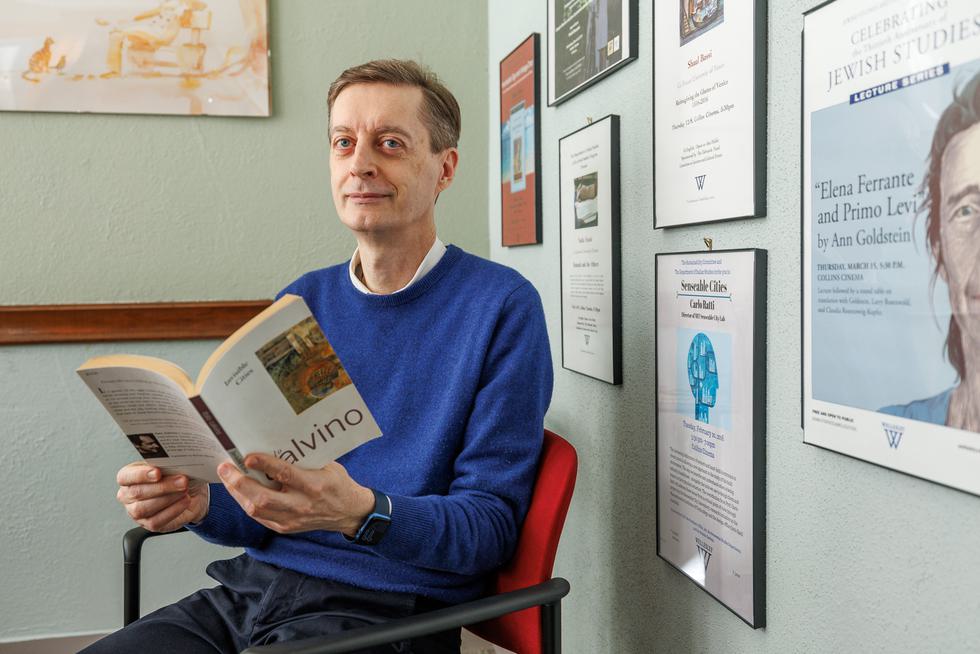
Professor Sergio Parussa’s annotated edition of Giorgio Bassani’s novel The Garden of the Finzi-Continis is forthcoming from the Italian publisher Feltrinelli. Students helped Parussa and the Fondazione Giorgio Bassani collect, digitize, and catalog archival material, such as the novel’s manuscript and typescript, on which the annotated edition is based.
-
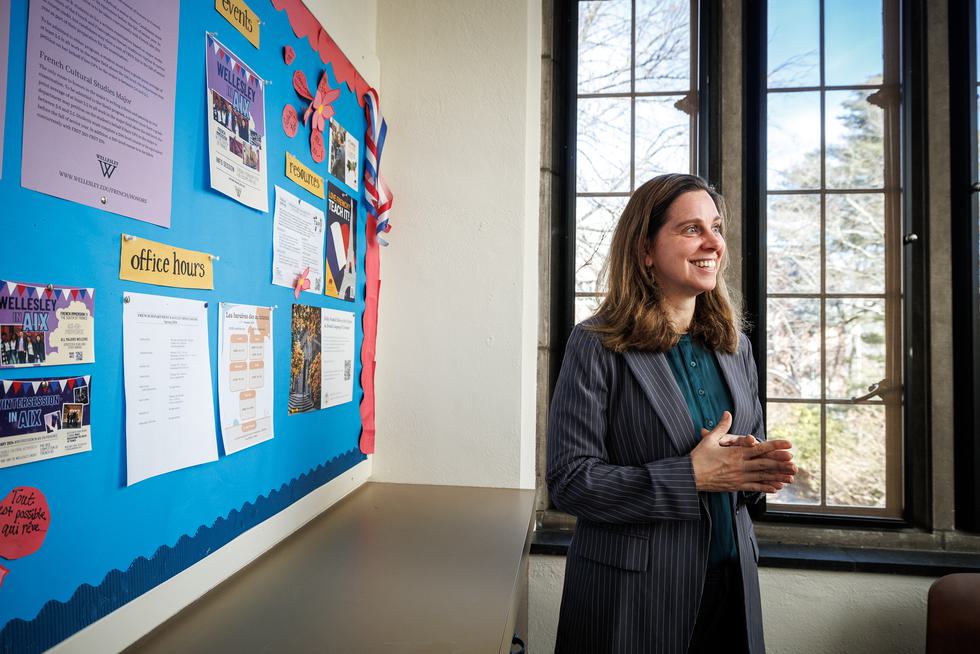
With a grant from the National Endowment for the Humanities, Professor Hélène Bilis developed a digital pedagogical edition and new translation of Lafayette’s La Princesse de Clèves with three colleagues from liberal arts colleges.
-
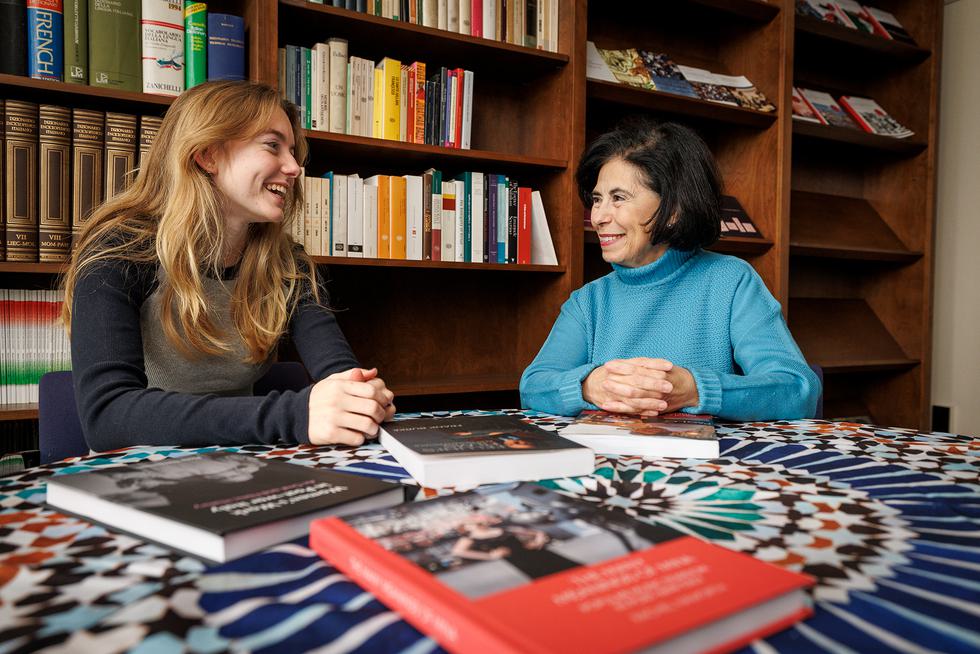
Associate Teaching Professor Flavia Laviosa is the founder and editor of the book series Trajectories of Italian Cinema and Media and of the Journal of Italian Cinema & Media Studies, both published by Intellect Ltd. Her research examines representations of violence against women in world cinema and media. She is the editor of the volume Framed Lives, Screened Deaths: Representations of Honour Crimes in World Cinema and Media (forthcoming with Intellect in 2027).
-
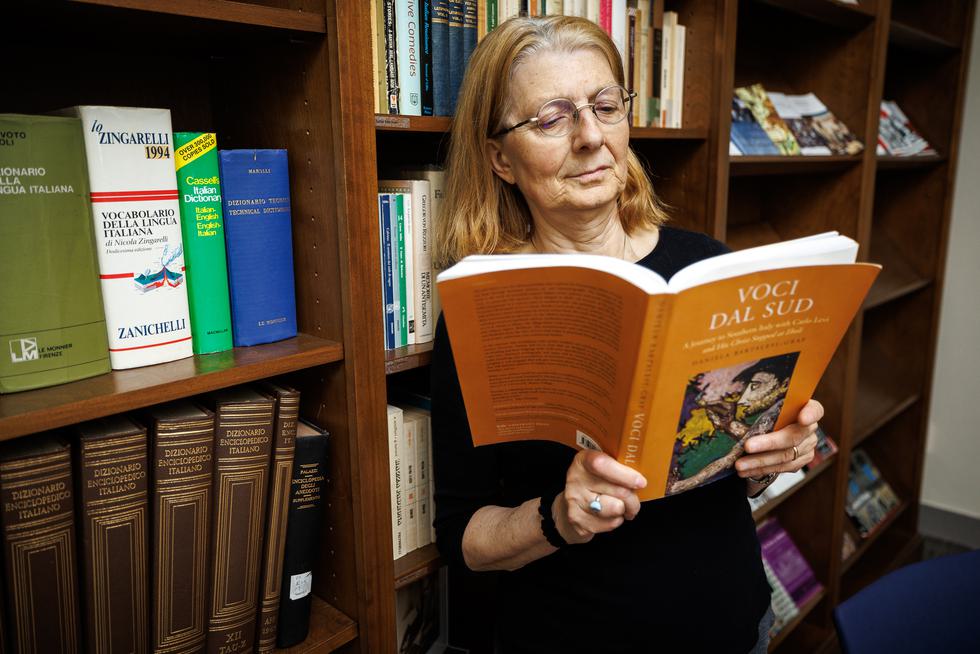
Associate Teaching Professor Daniela Bartalesi-Graf designed two Open Education Resources (OERs) to research, study and teach Italian contemporary culture: Caleidoscopio and Voci dal sud. In collaboration with colleagues from three universities, Bartalesi-Graf built a website that curates the best Italian Studies OERs. On edX, Bartalesi-Graf created a free program to teach and learn Italian; the program is used in Wellesley’s beginner and intermediate Italian courses.
-

In her most recent book, New York Nouveau: How Postwar French Literature Became American (Stanford, 2025), Professor Sara Kippur examines the ways that translation practices and global publishing markets have shaped 20th- and 21st-century literature in French. Through archival discoveries from personal and special collections on both sides of the Atlantic, her research amplifies the voices of cultural figures far less recognized in French literary history.
-

Professor Venita Datta’s forthcoming book, Rival Modernities: Fin-de-Siècle Celebrity and the United States in the French National Imagination (Stanford, 2026), illustrates that at the fin de siècle, the French harbored ambivalent feelings toward modernity and expressed their critiques of a certain type of modernity by denigrating it as “American.” By contrasting four pairs of exemplary French and American figures, she illustrates that they highlight competing values rooted in national identity, and reflect each nation’s struggles with democracy.
Opportunities
-
La Maison Française
The maison offers an immersive residential experience. Fourteen Wellesley students and two students from Aix Marseille Université together cook their meals and host events, speaking only French. A cultural center for the Francophone communities of Wellesley and the greater Boston area, la Maison Française sponsors game nights, flower-planting, conferences, and lectures featuring an impressive list of notable guests.
-
Summer internships in French-speaking countries
The Michèle Respaut French House Fellows Program provides students with stipends to pursue summer internships in France or other French-speaking countries.
-
Summer internships in Italy
We offer internships with the Peggy Guggenheim Collection museum in Venice, Kitchenfilm in Turin, and Libera in southern Italy.
Beyond Wellesley
Beyond Wellesley
French, Francophone, and Italian studies graduates distinguish themselves in a variety of professional fields. These include education (including higher education), medicine, law, business, and finance. Recent employers include Partners in Health, Yale University, and the French government’s Ministry of National Education, Youth, and Sports.
Recent Employers






Alum highlights
-
Jordan Stephens-Moseley ’16
Jordan Stephens-Moseley ’16
Jordan Stephens-Moseley ’16, who double majored in Italian studies and women’s and gender studies, earned a master’s in public health with a focus on maternal and child health from Tulane University. A public health research analyst, Stephens-Moseley strives to improve global health systems through policy change.
-
Folake Akinola-Pinard ’93
Folake Akinola-Pinard ’93
Folake Akinola-Pinard ’93 double majored in French studies and Africana studies and spent her junior year in France with Wellesley-in-Aix. After earning her master’s degree in education from Teachers College, Columbia University, Akinola-Pinard taught elementary school and filled a variety of leadership roles. She is currently the principal of Brooklyn Prospect Downtown Elementary.
For More
Our Newsletter
We hope you enjoy our Italian Studies newsletter "Welleslitalia!"
We would love to hear from you. Please contact Jael Matos-Sims (jmatos@wellesley.edu) with items for the next edition of the newsletter.
Get to know our department

An introduction to French at Wellesley

An introduction to Italian Studies at Wellesley
106 Central Street
Wellesley, MA 02481
